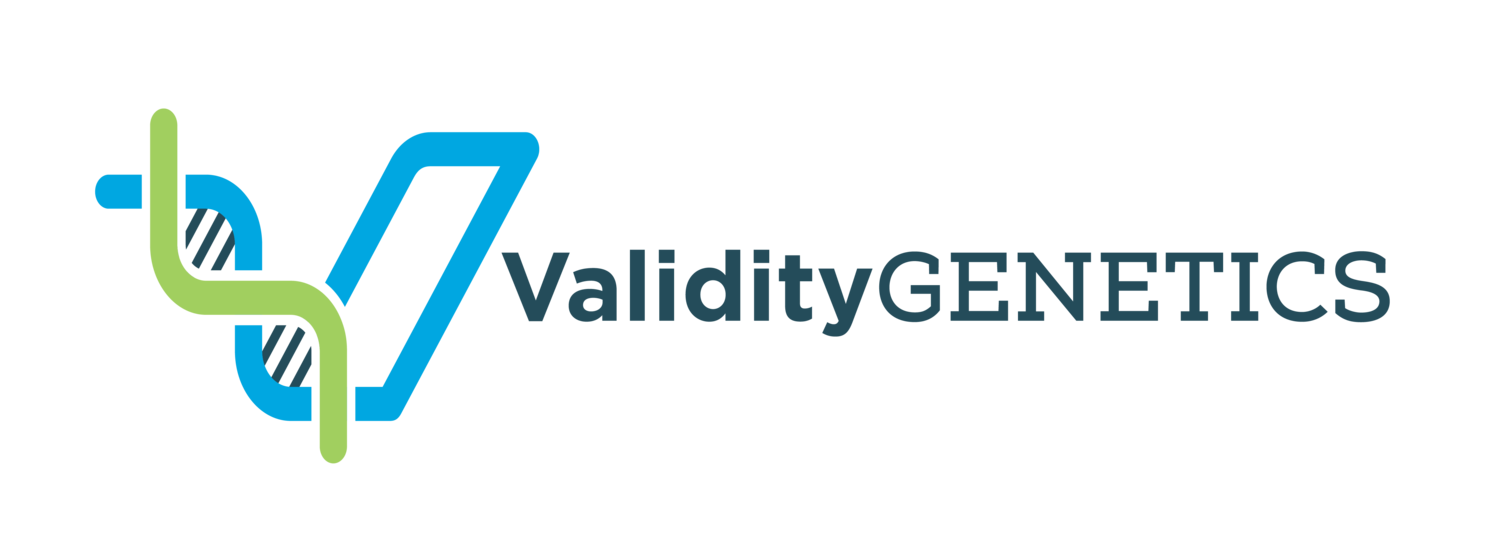Collecting and mailing DNA tests in New York
New York is the only state in the United States that does not allow DNA testing by mail. Collecting and mailing your own DNA sample in the state of New York is prohibited under New York State Public Health Law (Article 5, Title V, Section 574) and regulations (Part 58-1.10 (g) of 10NYCRR).
Simply put, under the New York health regulations a person wanting to have DNA or genetic testing done in New York should:
Obtain permission from a physician or lawyer for DNA testing
Have the DNA sample collected by a physician under chain of custody
Use a testing laboratory in the State of New York
Ensure the laboratory doing the DNA test holds a New York State Department of Health certification
Obtain permission to view their DNA results from a physician or lawyer
These extra hurdles are unique to New York residents in the United States. Because of them we, and many other DNA testing companies, are dissuaded from offering our services to residents of New York State.
While we believe these regulations serve a purpose:
If a customer in New York does order a test kit from us we will send one to them under the implied understanding that the sample will not be collected in the state of New York (crossing into a neighboring state to swab the cheek) and will not be mailed from inside New York to our laboratory (again, in a neighboring state).
As a general rule we do not, or in most cases cannot, determine from where a package is mailed. Packages sent from New York to our laboratory run the risk of being discarded and destroyed, as to not run afoul of New York law. Samples discarded in this manner may not be eligible for a refund.
For additional questions contact us or email us at Info@ValidityGenetics.com





